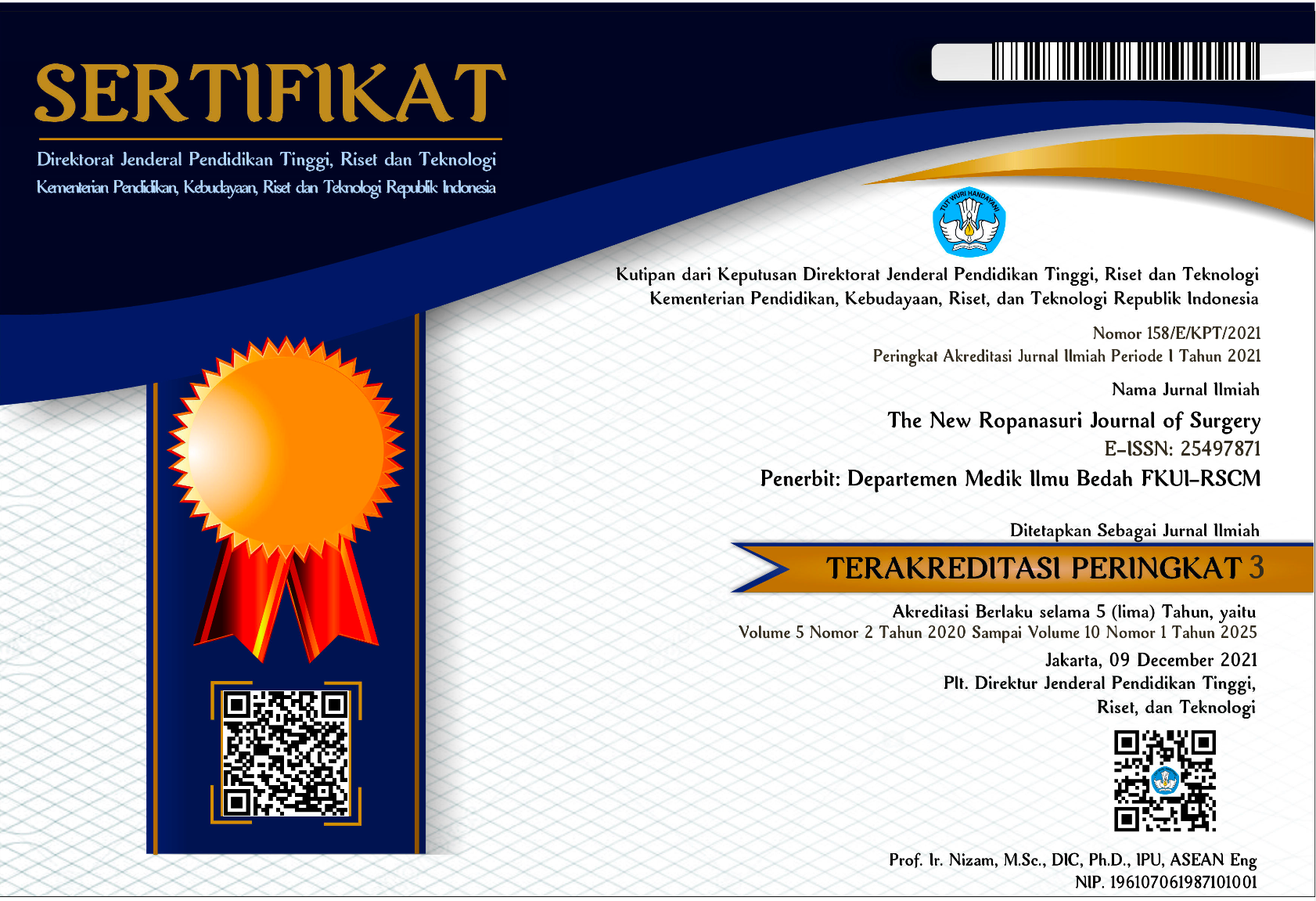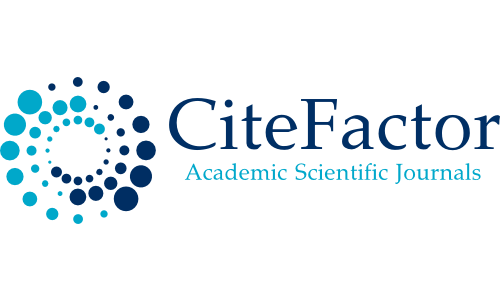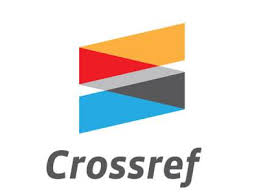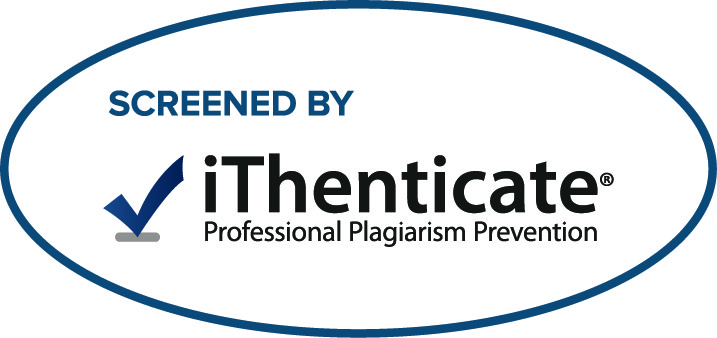Abstract
Introduction. Immediate revascularization of ischemic tissue does not always produce positive results since various reactions following formation of reactive oxygen species and activation of complement system might lead to ischemia/reperfusion injury (I/RI). It was hypothesized that ischemia preconditioning (IPC) and hypothermia (HI) have a role to reduce the impact of (I/RI). Method. An experimental study was carried out on Oryctolagus cuniculus (New Zealand White rabbit) to find out the efficacy of IPC and HI. Subjects were divided into four groups; a control (consist of two subjects) and three treatment groups (each consist of six subjects), namely I/RI group, IPC group, and HI group. In I/RI group, right common femoral artery was ligated under anesthesia and ligation was maintained for four hours, and then released for eight hours. In IPC group, arterial ligation for two minutes and released for three minutes protocol was carried out in two cycles. In HI group, right lower extremity was wrapped with iced aluminum foil. In the last two groups mentioned, the ligation released after 4 hours and treated as in I/RI group. Subjects were sacrificed, and samples of stomach was taken through laparotomy. Histopathology exam and tissue malondialdehyde (MDA) were variables of interests. Statistical analysis was carried out using SPSS ver. 20, and significance met if p
Recommended Citation
Ngatio, Benjamin; Moenadjat, Yefta; and Kekalih, Aria
(2017)
"Effect of Ischemia Preconditioning and Hypothermia to Gastric Mucosal Reperfusion Injury Post Ischemia in Lower Extremities of Oryctolagus cuniculus,"
The New Ropanasuri Journal of Surgery: Vol. 2:
No.
2, Article 3.
DOI: 10.7454/nrjs.v2i2.39
Available at:
https://scholarhub.ui.ac.id/nrjs/vol2/iss2/3













